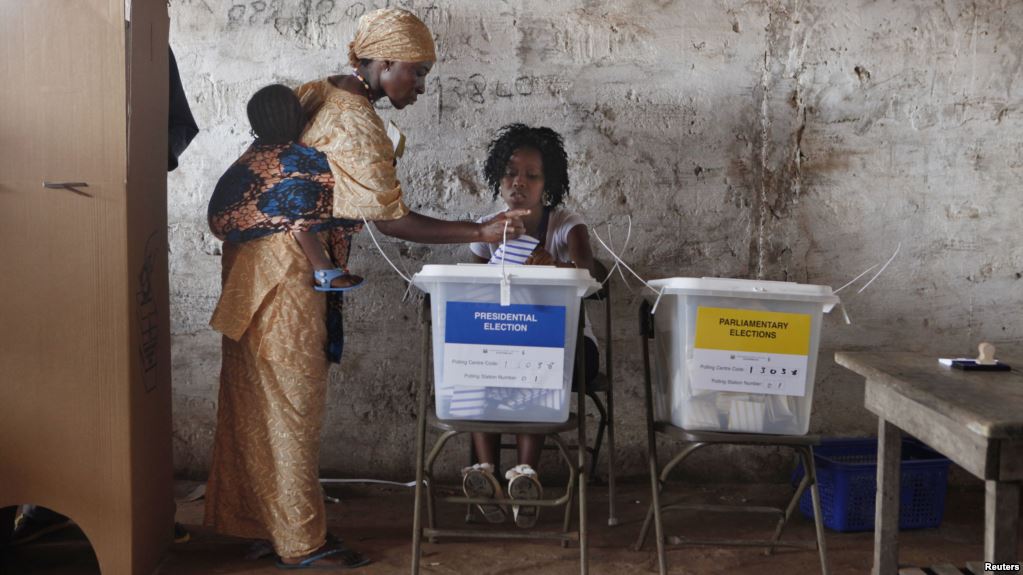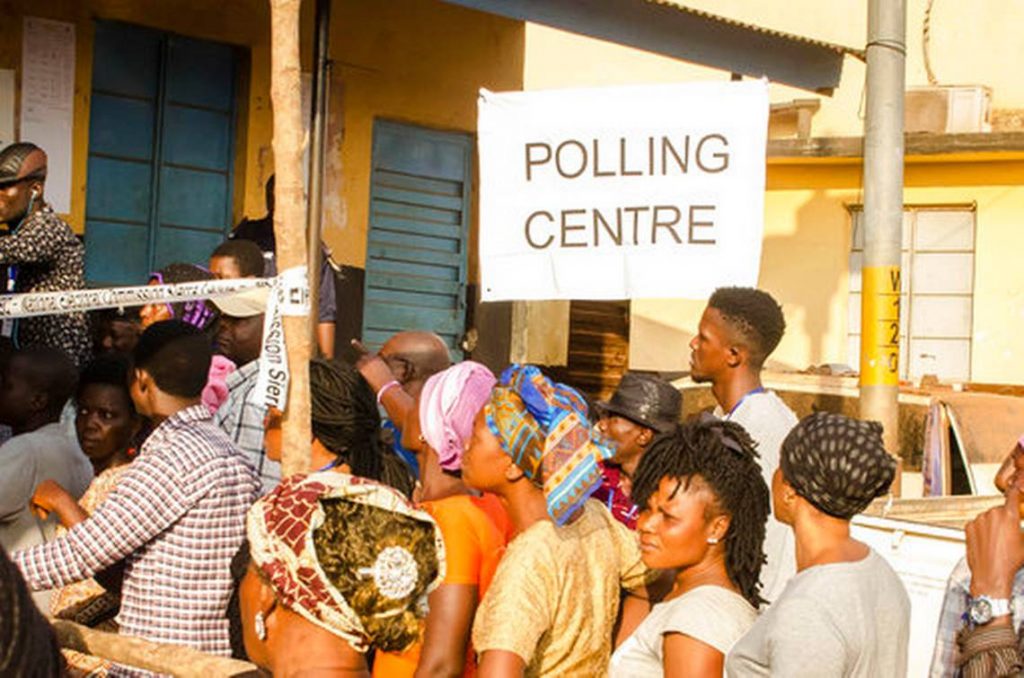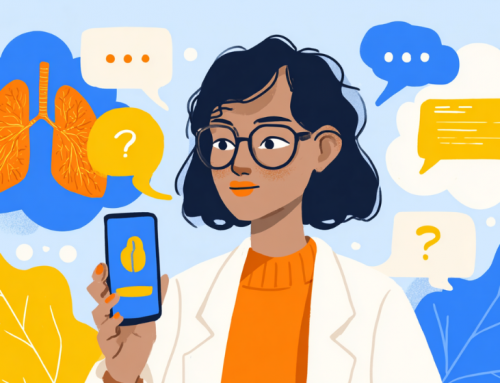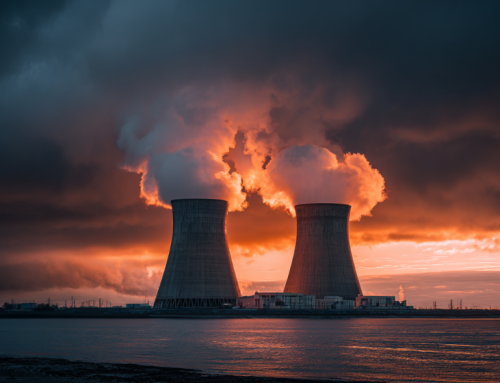
Sierra Leone Successfully Trials Blockchain Voting for Presidential Election
The right to vote⎯a cornerstone of representative democracy and one of a citizen’s greatest rights and responsibilities⎯remains a challenge in many fledgling democracies around the world. Polling officials are often subject to accusations of miscounts, errors, or even open fraud and manipulation at that rob the people of the right to express their will at the ballot box.
Innovators, however, are poised to employ blockchain technology to do what fallible paper ballots and tamper-prone digital machines have yet to deliver the world’s electorate: truly open and unalterable voting records.
In an international first, the West African country Sierra Leone took the first step this month towards more secure and free elections by utilizing blockchain technology in a limited capacity during a recent election. According to reporting by TechCrunch, Sierra Leone implemented blockchain-based voting in the nation’s first round of presidential elections on March 7. Designed and implemented by Agora, a Swiss-based “Lab & Foundation for Digital Democracy,” the blockchain network tracked ballots in 70% of polling places—not the entirety of the election’s ballots, but enough for a viable “proof of concept.”
According to Leonardo Gammar, CEO of Agora, “[t]his is the first time a government election is using blockchain technology.” By storing anonymized voter data in an immutable decentralized ledger that can be fully reviewed by third parties, “blockchain is the only technology that has been created which can provide an end-to-end verifiable and fully-transparent voting solution,” in contrast to other means of digital vote recording which Gammar describes as “‘black boxes’ that have been increasingly shown to be vulnerable to security attacks.”
Gammar continues:
“Sierra Leone wishes to create an environment of trust with the voters in a contentious election, especially looking at how the election will be publicly viewed post-election. By using blockchain as a means to immutably record ballots and results, the country hopes to create legitimacy around the election and reduce fall-out from opposition parties.”
In spite—or perhaps because—of blockchain’s power to ensure a free and open vote, however, Sierra Leone’s elections, including the ballots cast on the blockchain, are still officially held and tallied in centralized databases by the country’s National Electoral Commission. Agora’s sole official role in the election was as an “independent observer,” according to various media outlets, which have sought to clarify early claims and headlines that Sierra Leone’s March 7 election was indeed the world’s first truly blockchain-based vote.

Voters wait in line to enter a polling center in Sierra Leone’s recent presidential election, which debuted blockchain voting. Credit: Bitsonline.com







Leave A Comment